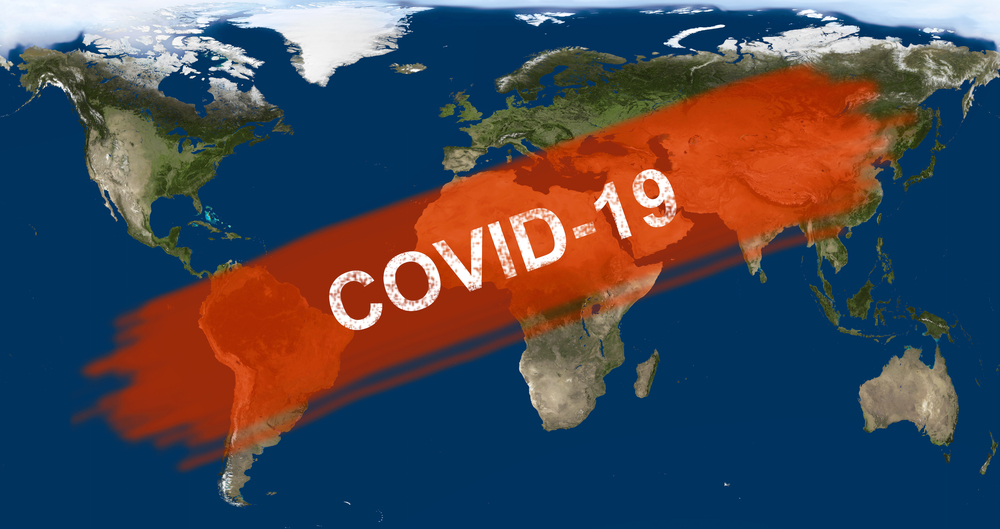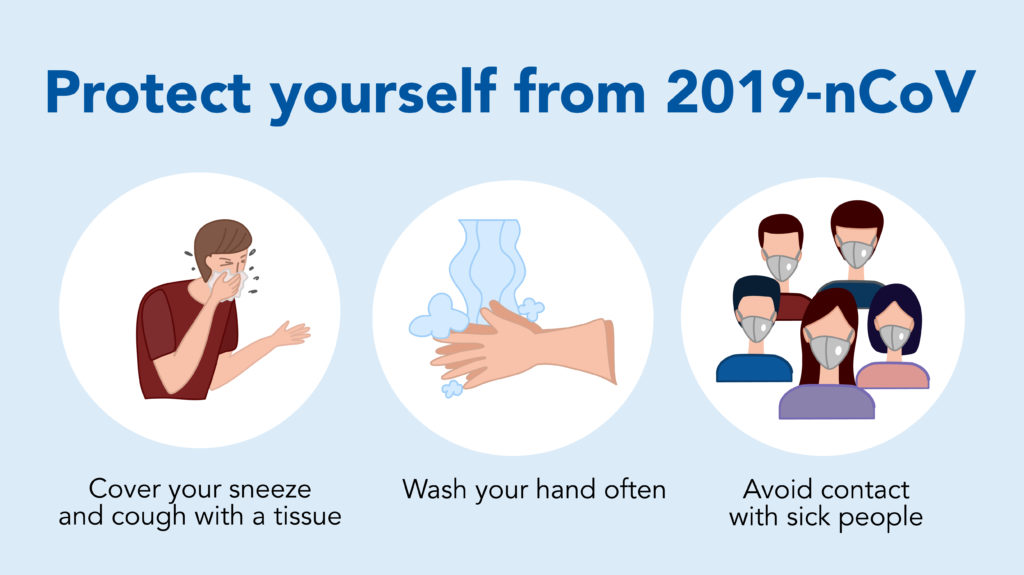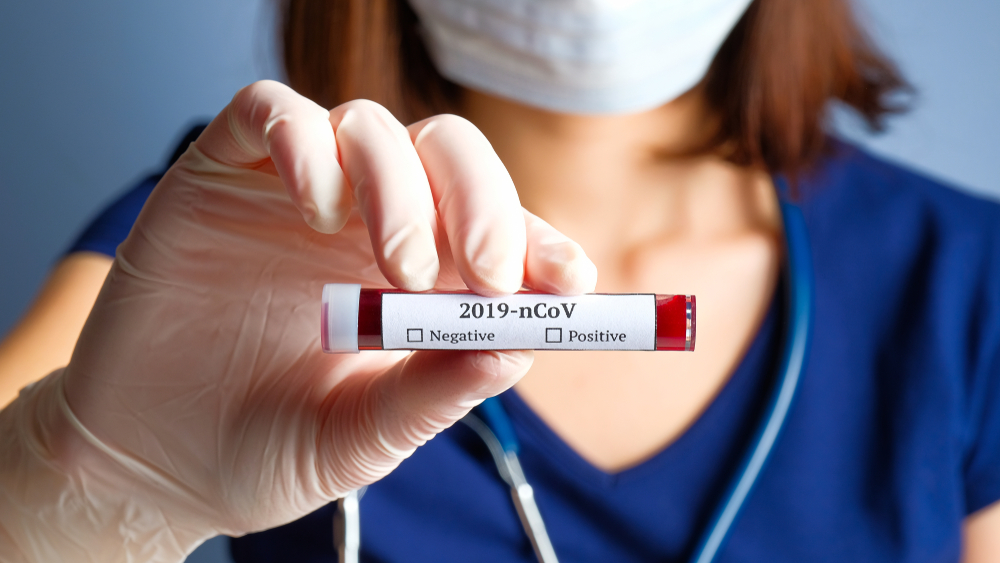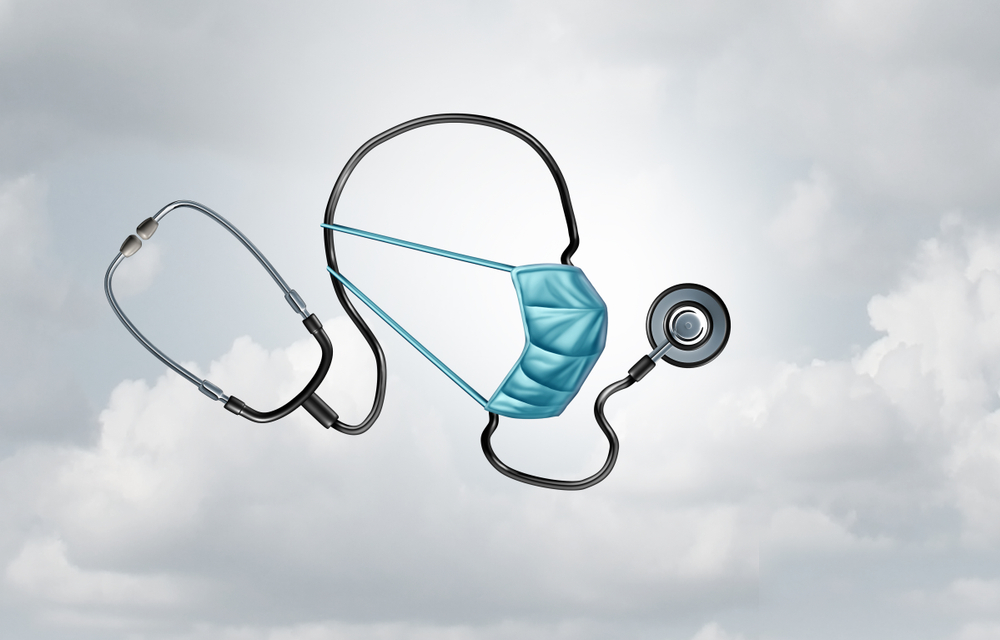COVID-19: Where We Stand and What to Do If You Think You Contracted It at a Healthcare Facility
COVID-19 and coronavirus have risen to the top of the agenda for people across the globe. From policymakers to the average citizen, everyone is concerned about what is a very fluid situation. It is not surprising given the rapid spread of the disease across the world. As of March 18, 2020, there were 227,743 confirmed cases of coronavirus in 166 countries, areas and territories. There were 9,318 deaths. In the United States, there had been 9,415 confirmed cases. The road to this point has been rapid, taking medical professionals, policymakers and the general public largely by surprise.
Developments That Lead to This Point
In the early stages, the individuals at the epicenter of the outbreak were in Wuhan in China’s Hubei Province. The December 2019 outbreak was linked to a seafood and live animal market, prompting the authorities to believe the disease was being spread from animals to humans. However, subsequent patients weren’t exposed to markets and this indicated that coronavirus was being spread from person to person.
Have you or a loved one been involved in an accident? Speak to a lawyer for a free no obligation consultation
Or call us at (888) 699-7975
Person-to-person spread was soon reported outside Hubei and outside China. Currently, there is ongoing community spread around the world and some parts of the United States. Community spread means that people are becoming infected with the virus, but it is not known how they were exposed.
By January 30, 2020, the World Health Organization called the outbreak a public health emergency of international concern. The next day, the US declared a public health emergency in order to make resources available to assist the country’s healthcare system. On March 11, WHO declared COVID-19 a pandemic and two days later, President of the United States Donald Trump declared the outbreak a national emergency.
The situation remains fluid with hundreds of new cases in the US each day. As things progress, a number of legal challenges could arise for people using the healthcare system, even if they don’t have COVID 19. In the paragraphs below, we’ll go into more detail about COVID 19 and its symptoms before looking at the legal considerations. We’ll then share some of the best practices for preventing the spread of the disease and staying as safe as possible during these times of uncertainty.
What Exactly is COVID-19?

Coronaviruses are not new. They are actually a large group of viruses. They cause illnesses like the common cold which we’ve all gotten and more severe diseases that cause alarm like Middle East Respiratory Syndrome (MERS-CoV) and Severe Acute Respiratory Syndrome (SARS-CoV). What’s wreaking havoc across the world now is coronavirus disease (COVID-19). This is a new strain that had not been identified in humans before 2019.
Common symptoms of COVID-19 infection include cough, fever, shortness of breath, and other breathing difficulties. However, pneumonia, kidney failure, severe acute respiratory syndrome, and even death can occur in serious cases. There is no cure for the disease and treatment is focused on controlling the symptoms.
The WHO has recommended relatively simple steps to prevent the spread of the infection. These include frequent hand washing, covering your mouth and nose when sneezing and coughing, and completely cooking meat and eggs. You should also avoid close contact with anyone who is coughing and sneezing.
Legal Considerations Associated with COVID-19
Under normal circumstances, you don’t expect to get sicker if you go to a medical facility for a routine visit. At this time of the year, you may be a little wary of catching the flu from someone in the waiting room, but coronavirus poses additional threats. Hospitals, clinics, and doctors’ offices are filled with germs.
Given the volume of patients who pass through these spaces, developing a communicable disease is a real threat. Since it appears that people with coronavirus can be contagious even when asymptomatic, healthcare providers need to take additional steps to keep patients safe. If proper protocols aren’t instituted, unsuspecting patients may be exposed.
The Centers for Disease Control and Prevention have issued guidelines to healthcare providers that are aimed at protecting members of the public. These best practices are intended for physician offices, hospitals, dental offices, long-term care facilities, and outpatient centers.
What Medical Professionals and Facilities Should Do
It has been recommended that healthcare providers:
- Suspect the presence of coronavirus instead of confirming another diagnosis
- Screen patients over the phone before scheduling an appointment
- Isolate patients immediately in a specially designated room if they are suspected of having coronavirus
- Provide separate entrances for suspected patients and a designated washroom for infected patients
- Require suspected patients to wear face masks and practice good hygiene
- Disinfect all surfaces touched by suspected patients as soon as they leave the office
In cases where these guidelines are not followed and you can prove that you contracted coronavirus as a result, you may be able to seek damages. However, you will need to work closely with a medical malpractice attorney to prove a healthcare provider or facility was negligent. Given how easily the virus spreads, it may be difficult to prove that you contracted it in a specific location.
Seeking compensation in such a situation should be reserved for severe cases of coronavirus or those that result in death. If you have a loved one who became ill in an extended care facility or hospital because of improper treatment, you may have a valid claim. If they were admitted to hospital for another condition, contracted COVID-19 and died from the disease, this may indicate they picked up the virus in the hospital.
However, you will need to have solid evidence that the facility was responsible. Usually, no one is to blame for the spread of a virus. Without proof, you won’t be able to get compensation. Each case like this will be different so your attorney will look into each matter on a case-by-case basis.
Cases of Failure to Treat
Doctors and other medical personnel have been advised to be vigilant and careful when they encounter patients. They should ask the appropriate questions, document their interactions, and keep up to date with all the advice from the CDC. Failure to do so could put them at risk for litigation while other patients’ health could be in danger. Back in 2014, when the Ebola virus first appeared in the US, one patient went to a Dallas hospital with the disease but was sent home without screening and treatment. That man, Thomas Eric Duncan, became the first person to die from Ebola in the US.
Healthcare facilities have been advised not to turn patients away because they call and report respiratory difficulties. Instead, the guidance suggests they should be triaged before their appointment and then managed in the way detailed by the CDC. If a doctor or a facility refuses to assess a patient or care for them, this may be considered patient abandonment. In addition to providing the most recent information on the virus to the patient and those close to them, healthcare professionals should ensure they know how to control the infection at home.
How to Prevent the Spread of Coronavirus
You should follow the guidelines set out by the authorities in your area. However, there are some general measures which have been recommended for everyone.
- Wash your hands often. Thoroughly wash your hand with soap and water or if that’s not available, an alcohol-based hand sanitizer can be used to kill viruses that may be on your hands.
- Practice social distancing. Keep three feet of space between yourself and anyone who is sneezing or coughing. This prevents you from breathing in droplets that contain COVID-19 if you’re around someone who has the disease.
- Try not to touch your mouth, nose, and eyes. Your hands touch several surfaces during the day, and they can easily pick up viruses. When you touch your eyes, nose or mouth, you can transfer the virus and cause it to enter your body.
- Practice proper respiratory hygiene. If you have to cough or sneeze, do so into your bent elbow or use a tissue. Be sure to dispose of the used tissue right away.
- Contact your doctor if you have a fever, cough and difficulty breathing. If you don’t feel well, stay at home and call your local doctor. Follow the directions of the health authorities for your area since they have the most current information and they can advise you accordingly.
- Stay at home at much as possible. If someone in your household has tested positive, keep the entire household at home. Don’t go to work or school.
Busting Some of the Myths Surrounding Coronavirus and COVID-19

There’s a lot of misinformation surrounding the virus and the resulting disease. However, based on the evidence presented so far, there are some myths that can be dispelled.
Myth: COVID-19 can’t be spread in hot and humid climates.
Reality: The virus can be transmitted in all areas, including locations with hot and humid weather. You need to take protective measures no matter where you live or where you’ve traveled to.
Myth: Cold weather and snow can kill the new coronavirus.
Reality: Experts say there’s no reason to believe that cold weather can kill novel coronavirus. The human body temperature stays in the range of 36.5°C to 37°C regardless off the temperature outside or the weather.
Myth: Taking a hot bath prevents COVID-19.
Reality: Regardless of the temperature at which you take your bath, your body temperature remains the same. Taking a bath or shower that’s too hot can also be dangerous since you may get burned.
Myth: Coronavirus can be transmitted through mosquito bites.
Reality: There is no information to suggest that mosquitoes can transmit coronavirus. It is a respiratory illness spread primarily through droplets generated by coughing or sneezing. It can also be transmitted through saliva or nasal discharge.
Myth: Hand dryers are effective in killing novel coronavirus.
Reality: Hand dryers have not proven to be effective in eradicating the virus. Using soap and water remains the most effective way to clean your hands. You can dry them with either paper towels or hand dryers.
Myth: Only older people can be affected.
Reality: People of any age can be infected by the new coronavirus. However, older people and individuals with medical conditions like asthma, diabetes, and heart disease appear to be more vulnerable to severe symptoms.
Get in Touch with a Medical Malpractice Attorney if You Have Questions

While there is a lot of uncertainty surrounding COVID-19, cases of medical malpractice need to be addressed. If you believe you or a loved one contracted the virus because a medical professional or facility was negligent, you should seek legal advice. The attorney will evaluate your situation and determine if there is enough evidence to file a claim or lawsuit.
Some experts believe coronavirus could result in an increase in medical malpractice claims. Some of these could result from facilities’ lack of preparedness, their failure to diagnose, or their treatment protocols. If patients with unrelated illness don’t get the care they need or treatment is delayed because of COVID-19, patients may also take legal action. However, there are also suggestions that the federal government and state authorities could act to limit the liability of health care providers during this time. Since these are uncharted waters for all the parties involved, your best bet is to seek legal advice as soon as possible if you have concerns about your treatment.



